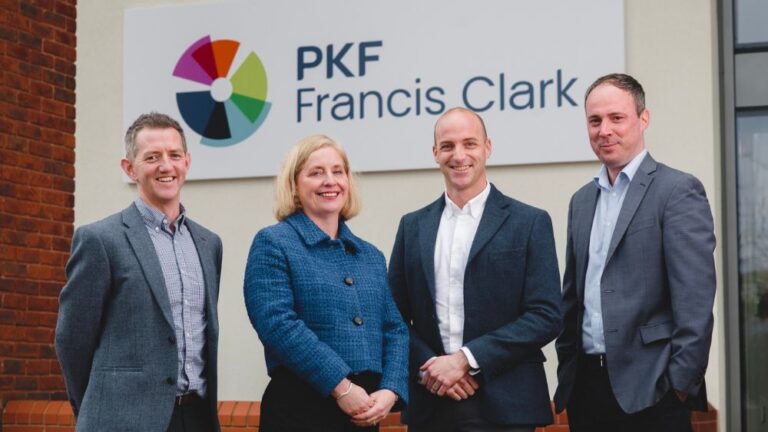
Charities face new challenges from every angle
This article was first published in the Western Morning News Annual Business Guide
Amongst all of those involved, there is little doubt that the last few years have been some of the most challenging to face the charity sector. The pandemic also shone a vital spotlight on the incredible work that charities do and demonstrated how they permeate every corner of society. The sector was hopeful that, as we emerged from the shadow of the pandemic, a golden age would dawn.
The harsh reality has unfortunately been markedly different, as the cost of living crisis bites and the very real prospect of recession looms. Charities are facing new challenges from every angle.
Demand continues to escalate, with charities and other third sector organisations working hard to fill the gaps left by some public services. Health services and education are struggling to catch up and it is often charities who step in to support those in need. Our televisions and radios bring us almost daily news reports of the incredible work that foodbanks are doing as people struggle to make ends meet. The harsh backdrop to all of this, however, is that the charities themselves are dealing with unprecedented increases to their own cost base.
The resourcefulness and optimism of the charitable and voluntary sector never fails to astound me.
Many charities were eligible for the Energy Bill Relief Scheme but this ended in March. The new Energy Bill Discount Scheme, running until the end of March 2024, will benefit charities but the amount of support they will receive is significantly lower. Some charities are already operating with the lights off or without the heating on – they may not find anywhere else to make energy savings.
Whilst demand for services rises, income is also under pressure as donors have less spare money in their pocket to donate and public sector grants are harder to come by. Data from the latest VCSE Sector Barometer study shows that 39% of charities are bridging the gap by unexpectedly spending their reserves. This is obviously unsustainable in the longer term. A further 26% are putting their prices up but the question is, with less money in the economy, will increased prices square the circle?
Recruitment of volunteers and staff is also difficult for the sector as wage inflation and a generally challenging labour market make attracting staff more tricky. Traditionally, recruiting volunteers would fill that gap. The fact is that now people in employment need to work more paid hours, thereby reducing the time they have available for volunteering.
Devon & Cornwall’s largest charities:
| 2023 rank | 2022 rank | Turnover (last available year) £ | ||
| 1 | 1 | Cornwall Care Ltd | 40,383,000 | |
| 2 | 2 | The Eden Trust | 21,817,000 | |
| 3 | 4 | Children’s Hospice South West | 18,309,096 | |
| 4 | Blundell’s School | 16,020,839 | ||
| 5 | 8 | Plymouth Marine Laboratory | 15,021,000 | |
| 6 | 9 | Shelterbox Trust | 14,193,000 | |
| 7 | 6 | The Exeter Diocesan Board of Finance Ltd | 14,054,000 | |
| 8 | 10 | Hospiscare | 12,512,267 | |
| 9 | 3 | The Dartington Hall Trust | 12,324,000 | |
| 10 | Exeter School | 11,929,291 |
Looking at this year’s list of Devon and Cornwall’s top 10 charities by turnover, excluding the two new entrants (Blundell’s School and Exeter School), only Cornwall Care, Plymouth Marine Laboratory and Shelterbox reported an increase in turnover in their latest accounts. The most notable change since last year’s list is that Devon & Cornwall Autistic Community Trust has been omitted because its accounts are overdue. The Charity Commission appointed interim managers to the charity in February and a statutory inquiry is ongoing.
Whilst we accept that the current picture is gloomy for the sector as a whole, is there hope on the horizon? The resourcefulness and optimism of the charitable and voluntary sector never fails to astound me. Driving efficiencies, doing more with less, that is its bedrock. Even in these financially lean times, those who are able will continue to support charities and the invaluable work that they do. It will be far from easy but the mantra of “where there’s a will, there’s a way” could not be more fitting than it is for this sector right now.
Find out more about our specialist charities and not-for-profit accountants.
Written by










